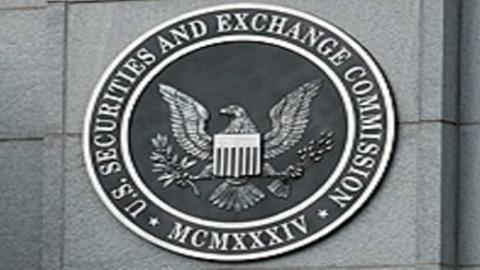SEC Clarifies Meme Coin Regulations: What Investors Need to Know
In the evolving landscape of cryptocurrency, meme coins have emerged as a captivating yet controversial category of digital assets. These coins, which are often inspired by internet memes and cultural phenomena, operate outside the traditional regulatory framework established by the SEC, raising important questions about investor protections and market dynamics.
Understanding Meme Coins
Meme coins refer to a unique segment of cryptocurrency characterized by their origins in internet memes, popular characters, and trending topics. They are typically acquired for purposes of entertainment, social interaction, or cultural relevance.
The SEC describes meme coins as resembling collectibles, often having limited or no functional use beyond their entertainment value. Their market valuations are primarily influenced by speculation and demand, leading to notable price volatility. Investors are frequently reminded of the inherent risks associated with these assets.
SEC’s Stance on Meme Coins as Securities
The Securities and Exchange Commission (SEC) has clarified its position regarding meme coins and their classification under U.S. law. According to SEC regulations and the Securities Act of 1933, securities encompass financial instruments such as stocks, bonds, and investment contracts. However, the SEC has determined that meme coins do not meet the criteria for securities for several reasons:
Key Reasons Meme Coins Are Not Securities
- No Common Enterprise: Purchasers of meme coins do not invest in a common enterprise. The funds are not pooled for development or promotional activities.
- No Expectation of Profits from Others’ Efforts: Profits generated from meme coins arise from speculative trading and market sentiment, rather than from the efforts of a central entity managing the investment.
The SEC also referenced the Howey Test established in the landmark case of SEC v. W.J. Howey Co., which evaluates whether an asset qualifies as an investment contract. Under this test, an asset is considered a security if it involves an expectation of profits from the efforts of others.
Fraud Risks and Regulatory Oversight
Despite the classification of meme coins as non-securities, the SEC has issued a warning regarding potential fraud associated with their sale. The agency stated that fraudulent activities related to meme coins could trigger enforcement actions by federal or state authorities under applicable laws.
Moreover, the SEC emphasized that the exemption for meme coins does not extend to crypto assets that misrepresent themselves as such to dodge securities regulations. The Division of Corporation Finance will continue monitoring the economic realities of transactions involving these assets.
For further information on SEC regulations, visit the SEC’s official website. Stay informed and exercise caution when investing in meme coins, given their speculative nature and the lack of regulatory safeguards typically associated with traditional securities.







